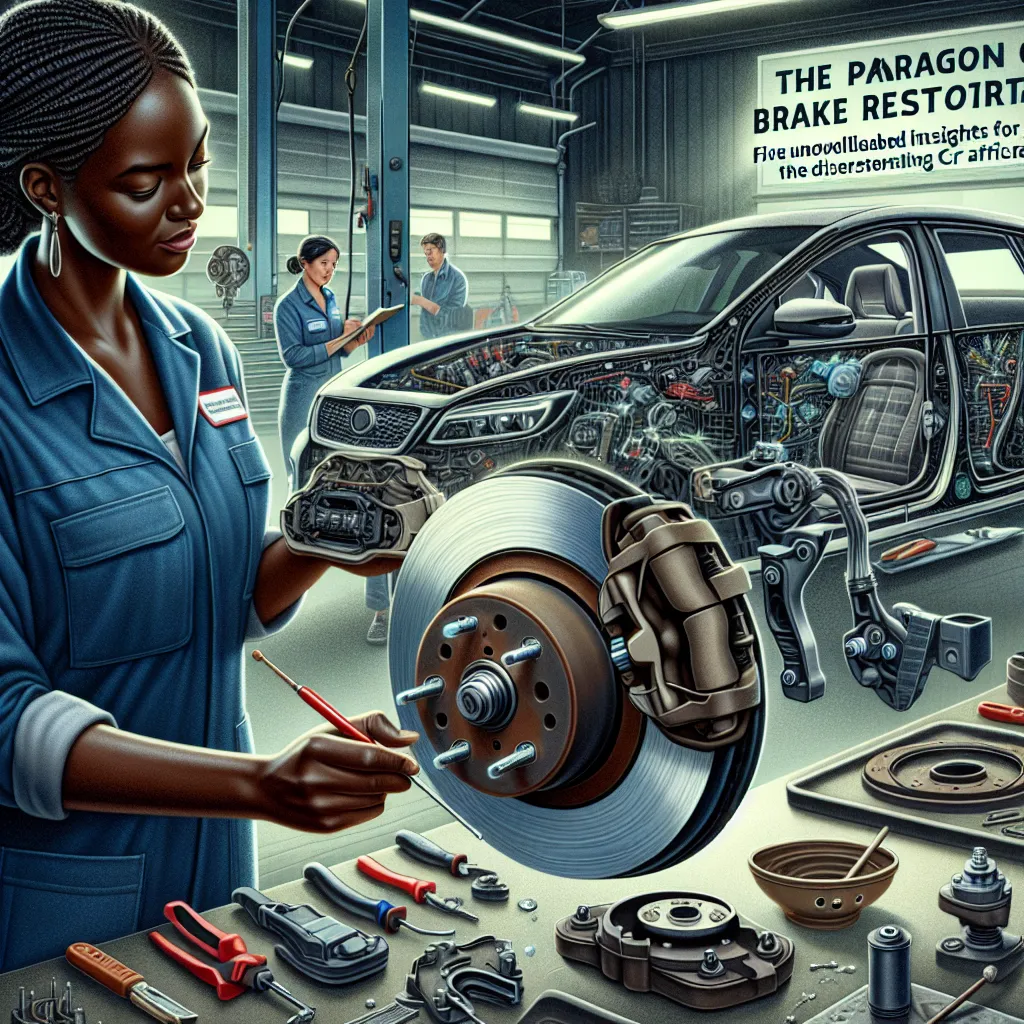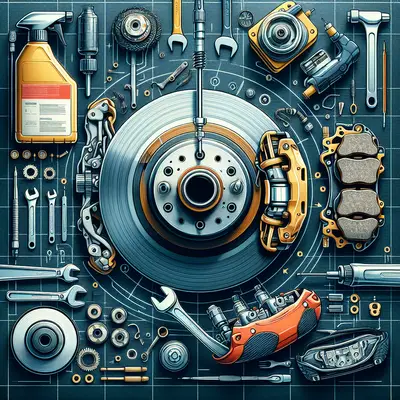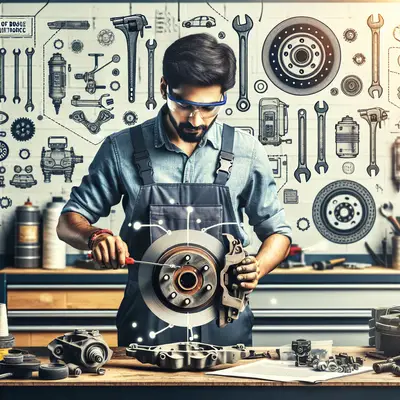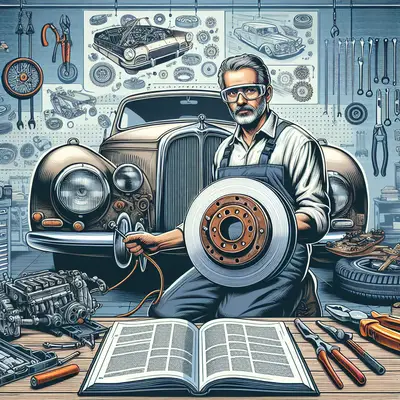The Power of Proactive Inspection
While it's common knowledge that regular brake inspections are crucial, the precise timing often gets overlooked. To ensure optimal safety, aim for an inspection every 10,000 miles or six months, whichever comes first. This proactive approach allows for early detection of potential issues, ensuring your vehicle’s stopping power remains uncompromised.
The Intricacies of Brake Fluid Exchange
Brake fluid, the lifeblood of the braking system, often gets overlooked in routine maintenance. However, experts recommend a brake fluid exchange every 2 years or 20,000 miles. This keeps the hydraulics functioning optimally, preventing corrosion and ensuring your brakes respond swiftly when needed.
The Art of Pad Replacement
Brake pads are the silent heroes of your vehicle's braking system, taking on the brunt of the friction. Knowing when to replace them is crucial. A general rule of thumb is to replace brake pads every 50,000 miles, but factors like driving style and environment may hasten wear. Regularly inspecting these components can prevent potential brake failure.
The Significance of Rotor Resurfacing
Brake rotors are another essential component of your brake system, and their condition directly impacts braking efficiency. Warped or worn rotors can lead to a jittery brake pedal and longer stopping distances. Resurfacing rotors can restore their flat, smooth surface, improving brake function. However, this procedure should be done by a professional to ensure precision.
Embracing Technological Advancements
Modern advancements in automotive technology should not be ignored in the realm of brake maintenance. From regenerative braking systems in electric vehicles to brake-by-wire technology, staying abreast of these developments can result in safer and more efficient braking.
Conclusion
Navigating the labyrinth of brake restoration can seem daunting, but armed with these five insights, discerning car owners can ensure their vehicle remains at the pinnacle of safety. Remember, regular inspections, proactive maintenance, and embracing technological advancements are the keys to preserving the integrity of your braking system. After all, in the world of automotive safety, your brakes are indeed your best defense.



